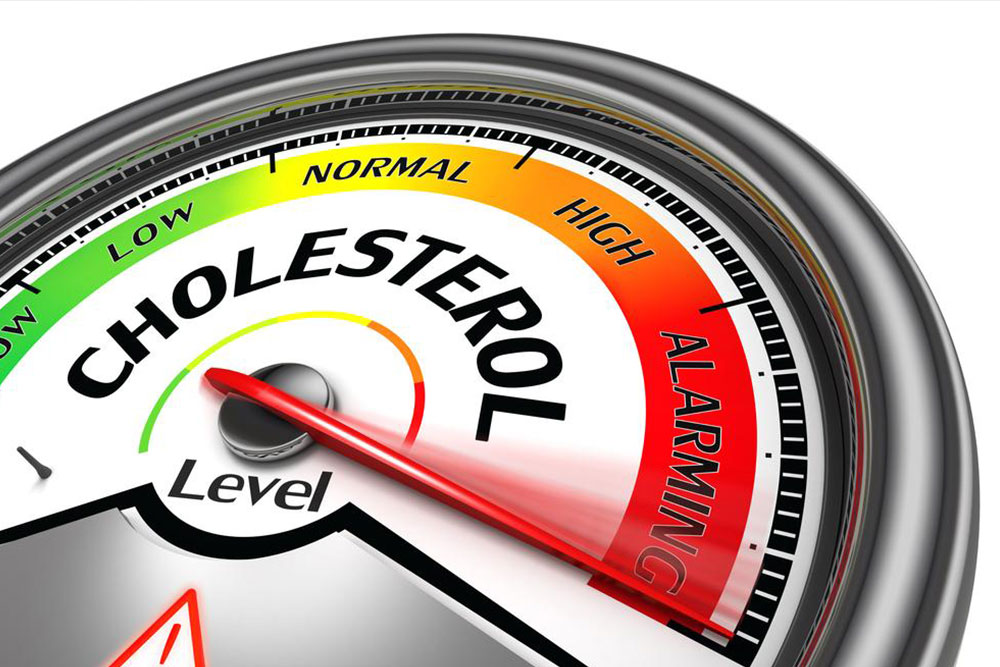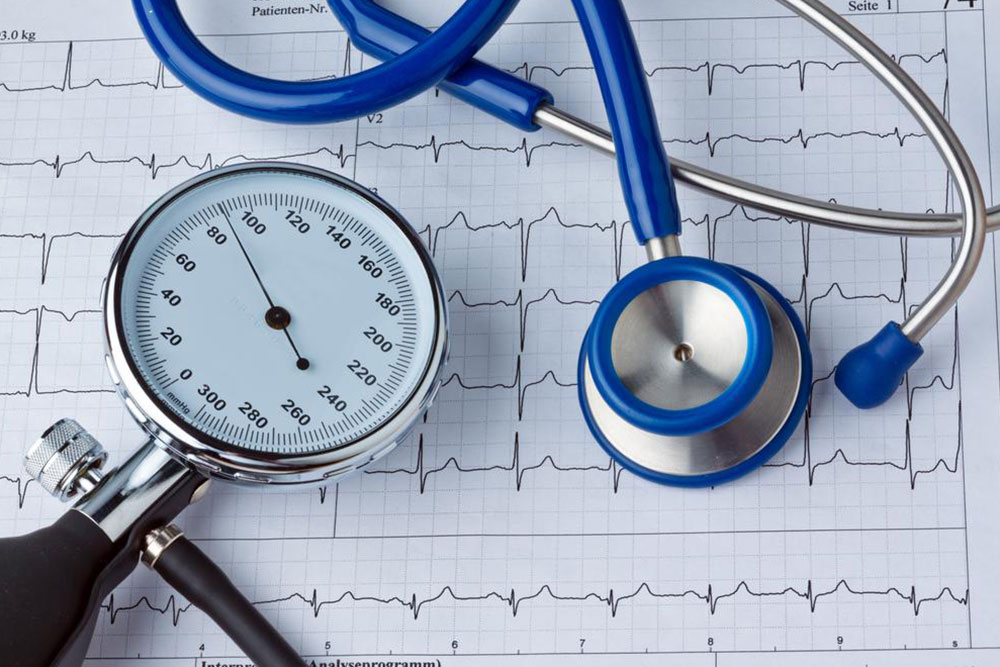Recognizing Heart Failure: Key Symptoms and Early Warning Signs to Watch For
This comprehensive guide explains the key symptoms of heart failure, including persistent fatigue, shortness of breath, digestive issues, sleep disturbances, and swelling. Early recognition of these signs is vital for timely medical intervention. The article discusses gender-specific symptoms and emphasizes the importance of lifestyle changes for prevention and treatment. Understanding these symptoms can help individuals seek prompt diagnosis and avoid severe complications, improving long-term heart health outcomes.

Recognizing Heart Failure: Key Symptoms and Early Warning Signs to Watch For
The heart plays a crucial role in maintaining overall health by functioning as the body's pumping station, circulating blood and oxygen to every part of the body. When this vital organ is impaired due to various health conditions, it can develop into heart failure, a serious medical condition that requires prompt attention. While chest pain is often recognized as a warning sign, there are numerous other symptoms that can indicate the onset of heart failure. Detecting these signs early can significantly improve treatment outcomes and survival rates. Understanding these symptoms allows individuals and caregivers to seek medical care at the earliest possible stage.
In-depth Look at the Major Symptoms of Heart Failure
Persistent Fatigue and Unusual Weakness
One of the most common symptoms associated with heart failure is persistent fatigue or an overwhelming sense of tiredness that does not improve with rest. This occurs because the heart’s reduced efficiency in pumping blood leads to decreased oxygen supply to the tissues and muscles, resulting in exhaustion. Also, conditions like valvular heart disease, where heart valves are damaged or narrowed, can cause abnormal stress on the heart, further contributing to fatigue. While feeling tired after strenuous activity is normal, ongoing fatigue that interferes with daily life warrants medical evaluation. It is essential to distinguish this from fatigue caused by minor illnesses like colds, flu, or stress, which tend to resolve quickly. However, if fatigue persists or worsens, it could be an early indicator of heart dysfunction requiring further testing and management.
Another crucial sign often overlooked is shortness of breath, which can develop gradually or suddenly. Individuals may notice difficulty breathing during minimal physical activities, such as climbing stairs, walking short distances, or even while lying down. This symptom signals that the heart's reduced pumping ability causes fluid to back up in the lungs, leading to pulmonary congestion. It can also be associated with chest discomfort, such as pressure, tightness, or a sensation of constriction. Interestingly, women experiencing heart failure may not report typical chest pain but might notice increased shortness of breath or fatigue alone. Awareness of these gender differences can assist in earlier diagnosis and treatment.
Digestive symptoms, including nausea, vomiting, and diarrhea, are less common but significant indicators of heart failure. When the heart struggles to pump effectively, oxygen and nutrients delivery to the gastrointestinal tract diminishes. This can result in symptoms such as stomach pain, bloating, nausea, and even diarrhea. In severe cases, reduced cardiac output can cause dizziness, dizziness upon standing, cold sweating, and a feeling of general malaise. If these symptoms are persistent or worsening, immediate medical attention is advised to investigate potential heart issues.
Sleep disturbances are frequent in patients with heart failure. Many individuals experience difficulty falling asleep, staying asleep, or episodes of sleep apnea—a condition characterized by intermittent breathing pauses during sleep. Sleep apnea not only decreases sleep quality but also increases strain on the heart, exacerbating heart failure symptoms. Poor sleep impacts overall health, leading to increased fatigue and decreased quality of life. Patients experiencing ongoing sleep problems should seek evaluation from healthcare professionals, who may recommend sleep studies and targeted therapy to improve both sleep quality and heart health.
Additional symptoms that can be indicative of heart failure include noticeable swelling, or edema, particularly in the legs, ankles, and feet. This occurs due to fluid retention as the heart's capacity to pump blood effectively diminishes, leading to increased pressure in the veins and subsequent leakage of fluid into tissues. Irregular heartbeats, such as palpitations or fluttering sensations, may also be present, signaling electrical disturbances within the heart. Furthermore, persistent leg cramps, body pains in the jaw, neck, shoulders, or arms, and unexplained weight gain are associated with fluid buildup and worsening heart function. Recognizing these signs early can alert individuals to seek urgent medical care, preventing further deterioration of health.
In women, the manifestations of heart failure can differ slightly from men. Commonly, women may not experience the classic symptom of chest pain but may instead report unusual fatigue, dizziness, excessive sweating, nausea, and abdominal discomfort, especially during periods of rest or sleep. These atypical symptoms often lead to delayed diagnosis, emphasizing the importance of awareness of gender-specific presentations. Early recognition and intervention can significantly decrease the risk of complications and improve prognosis in women with heart failure.
Timely diagnosis of heart failure symptoms is critical for effective treatment and management. Maintaining a healthy lifestyle through a balanced diet, regular exercise, avoiding smoking, and controlling underlying health conditions like hypertension and diabetes are vital in reducing risk factors. If any of these symptoms become severe or persistent, it is imperative to consult healthcare professionals promptly. Early intervention can prevent irreversible heart damage, enhance quality of life, and in many cases, reverse some of the early signs of failure. Knowledge and awareness are the foundation of proactive heart health management.





